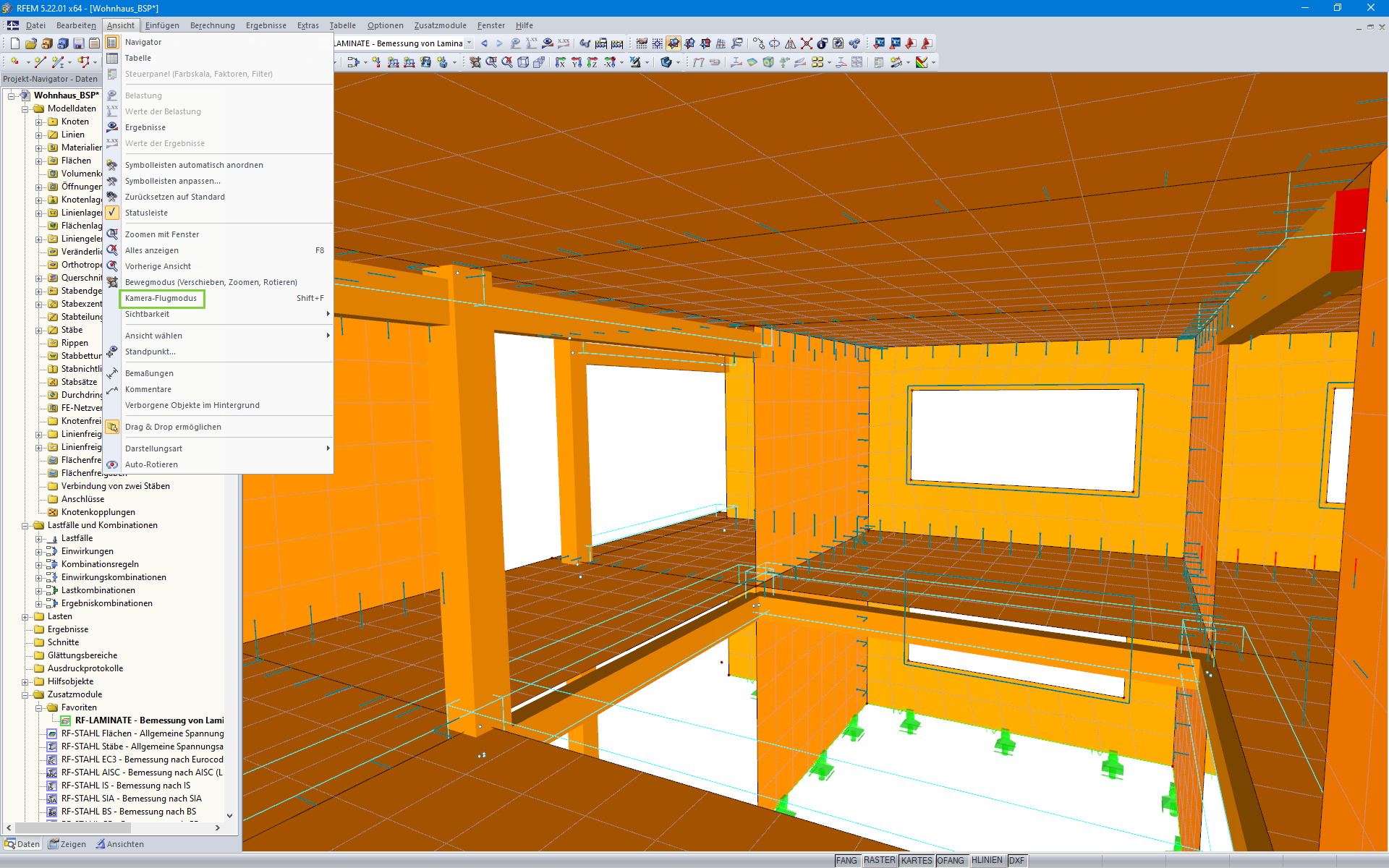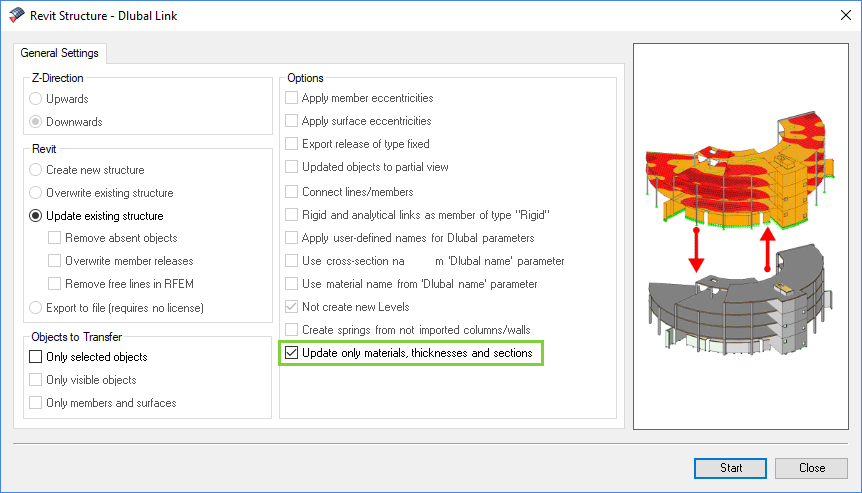You can quickly change an object's display using its shortcut menu: To do this, right-click the object (point, line, element, and so on). Use the Display Properties to open the dialog box showing the display parameters of the object (see the Display Properties dialog box).
It is also possible to open the "Display Properties" dialog box in the Options menu.
The settings are managed separately for the display on the "Screen" and in the "Report". Thus, separate adjustments for the monitor graphics and for the printout report are possible. You can use the
![]() button to synchronize the display properties for the screen and report.
button to synchronize the display properties for the screen and report.
The "Category" navigator shows all graphical objects in a directory tree. To change the display properties of a category, select the corresponding entry. Then, you can adjust the object-specific display parameters in the main dialog section: Color, line display, type and arrangement of numbering, font, and so on.
The default setting is a black background. If you select a light background color, you should accordingly adjust any standard objects that are light in color.
Saving and Importing GUI Settings
You can save the modified display properties as well as other configuration settings as a template and use them on other computers: Open the Options menu and click the Export GUI Settings entry. The "Export GUI Settings" dialog box opens, where other user-defined program settings are available for selection in addition to the display properties.
After clicking OK, the "Select file" Windows dialog box appears. Define the storage location and enter a file name. Click the Save button to create the configuration file in the *.rsc.gui format.
To import the configuration on another computer, open the Options menu and click the Import GUI Settings entry. In the "Select file" dialog box of Windows, set the configuration file and click Open.
In the "Import GUI Settings" dialog box, specify which settings you want to import (see the image Specifying Configuration). Click OK to apply the settings.


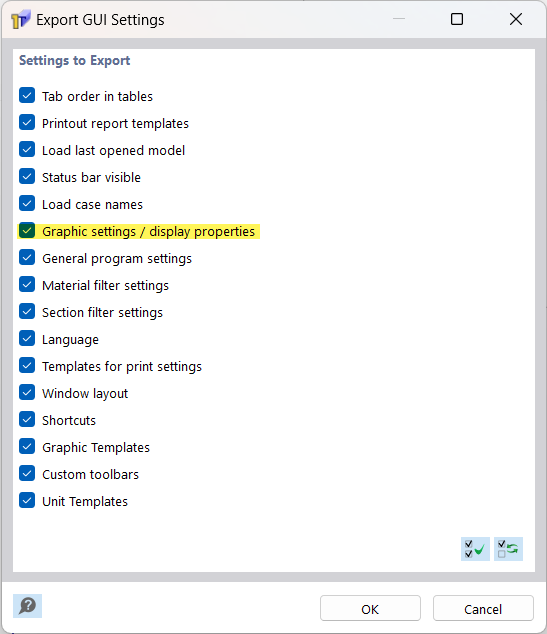



.png?mw=350&hash=c6c25b135ffd26af9cd48d77813d2ba5853f936c)















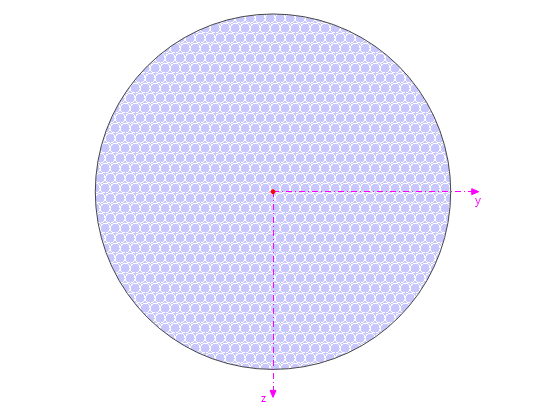
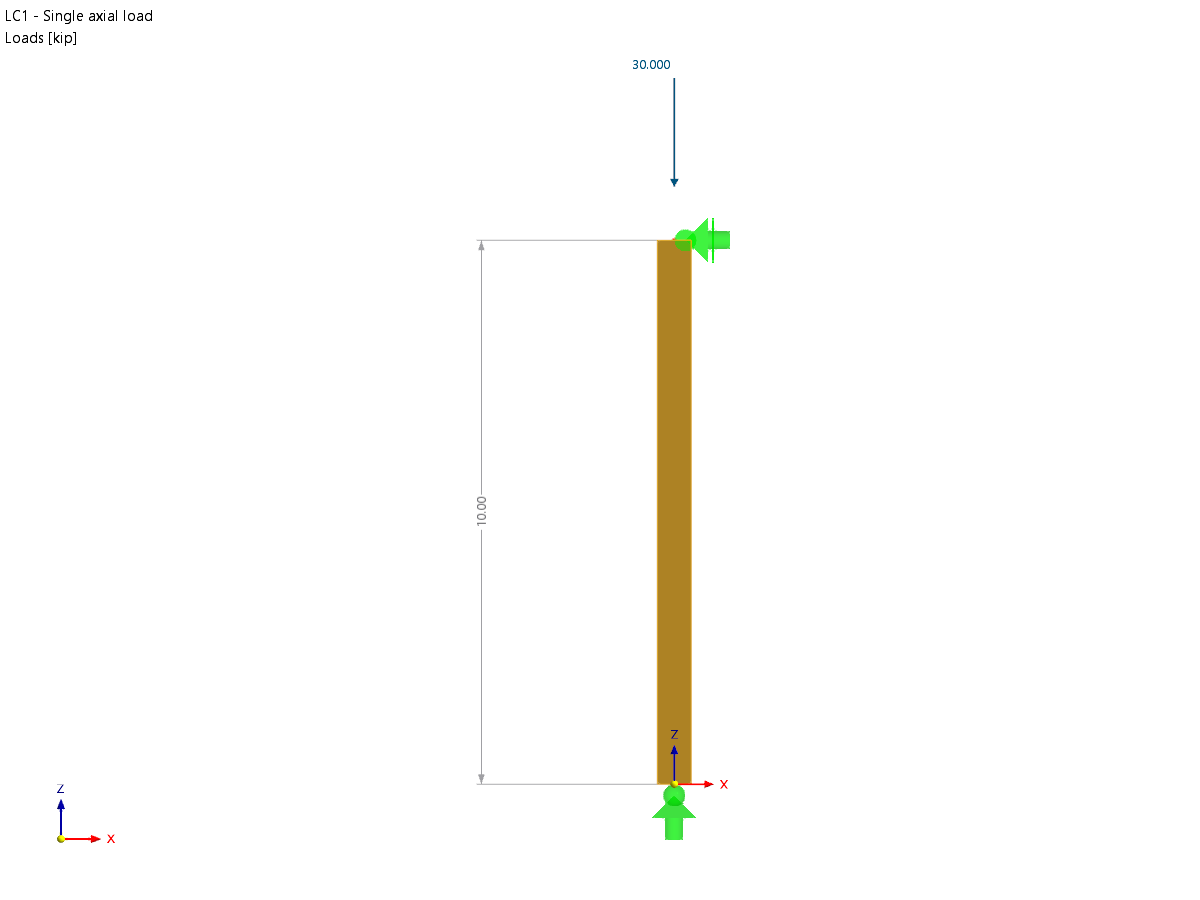
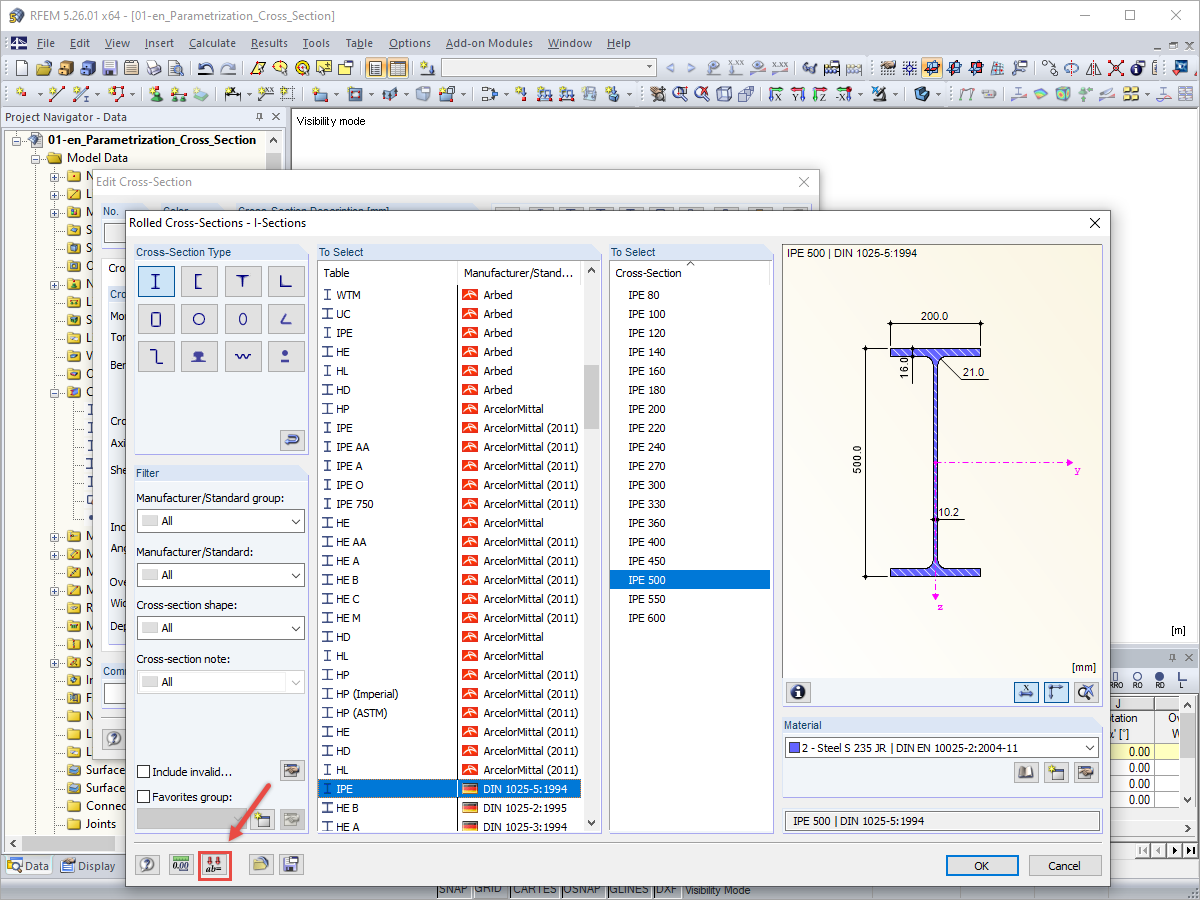
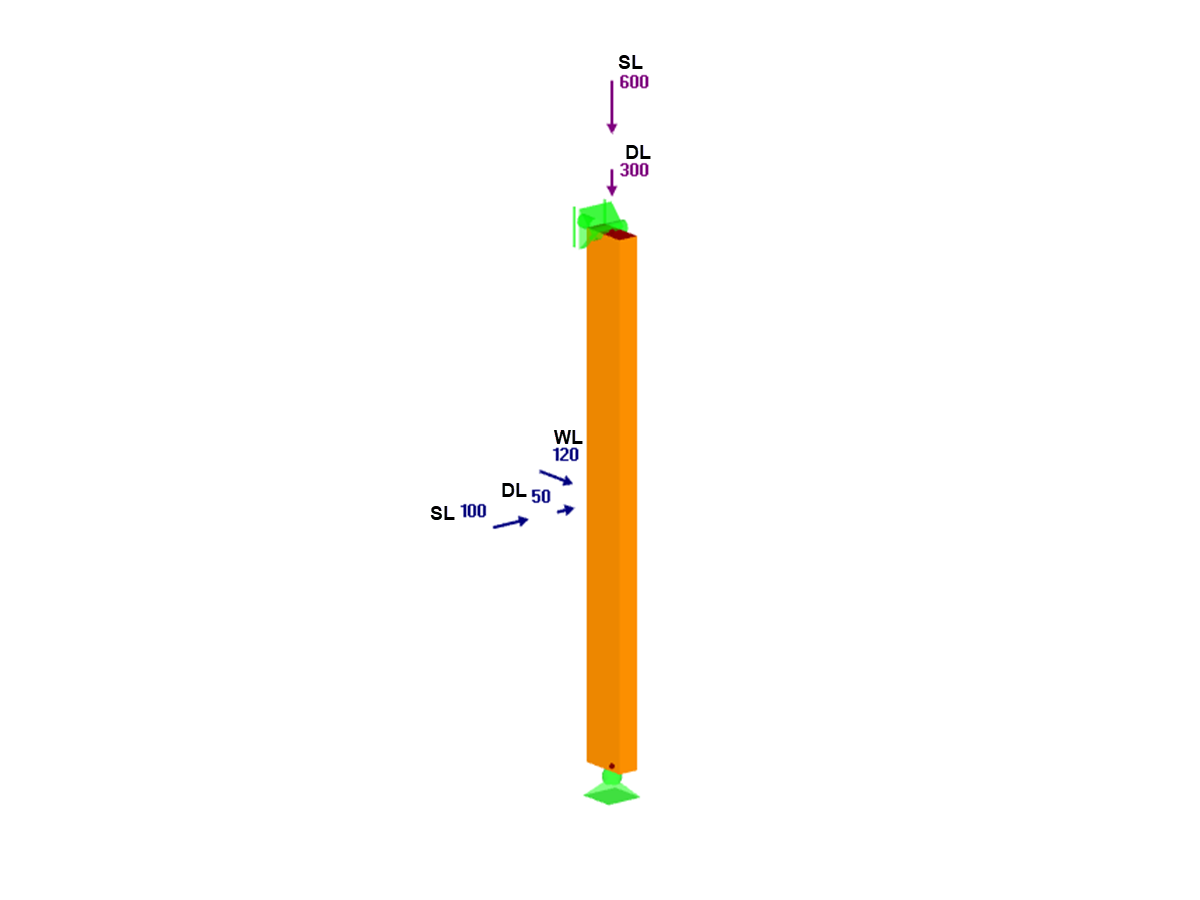








.png?mw=350&hash=e57c3da522d1fe11fde4047661d6a0e88670c112)


